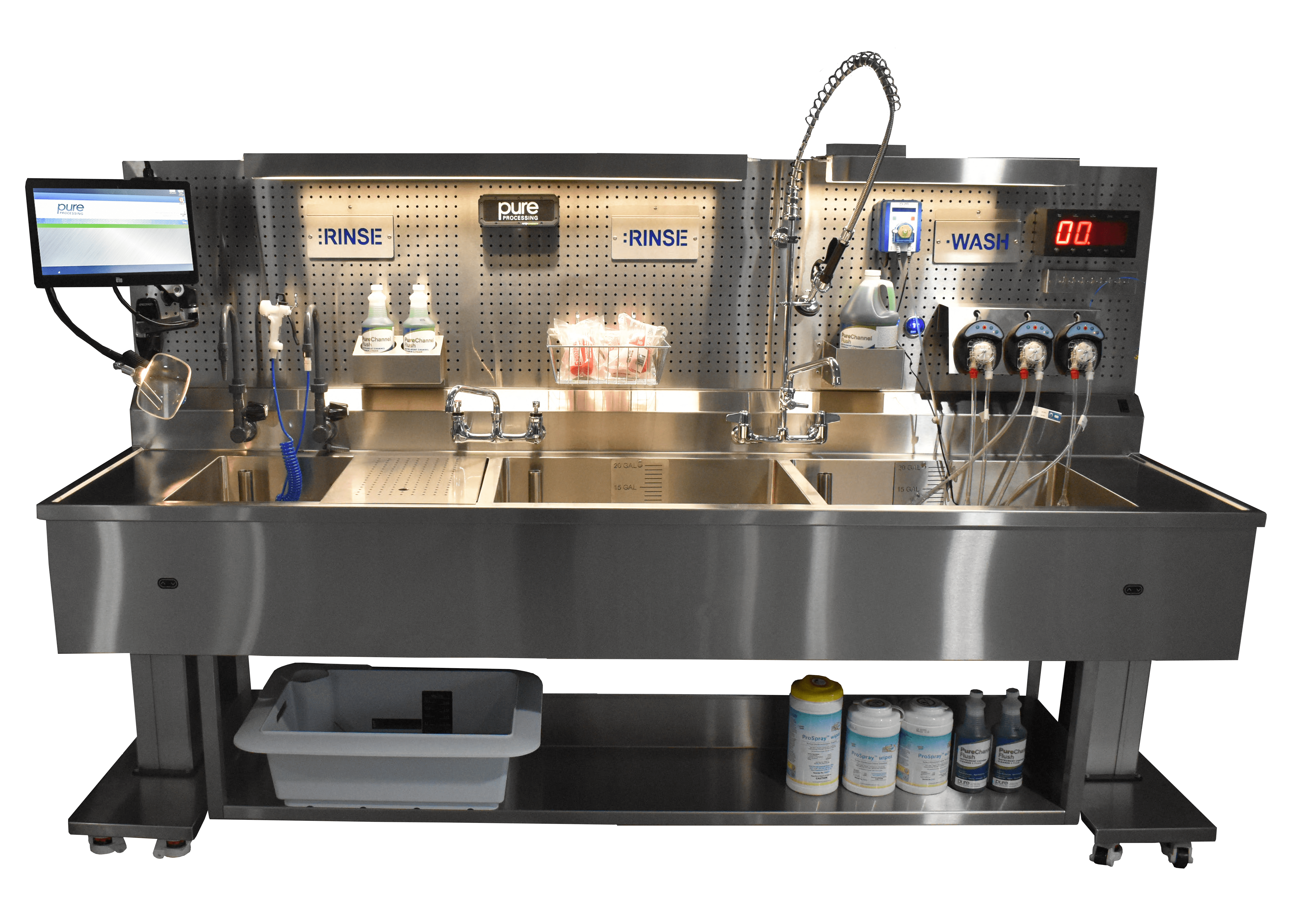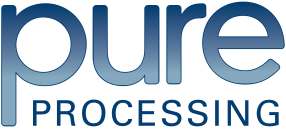
When Do Departments Need Educators?
In March 2024, Pure Processing’s Voice of the Customer (VOC) Committee met to discuss a topic on the minds of many in reprocessing departments: educators. Educators play a pivotal role in reprocessing departments, but not all departments have, or are able to have, a dedicated educator role.
Steven Adams, Central Sterile Manager at Sinai Hospital Lifebridge Health, and longtime member of the VOC Committee, helped Pure Processing dig into how to determine when a department needs an educator following the March call.
Determine who’s currently serving in an educator capacity
Adams explained that the first step is to determine who is currently providing the services of an educator. “Is it a nurse or peri-op educator filling in here and there? Is it the department’s manager? Is the person providing educational services to your department someone that is qualified to being so?”
While nurses or peri-op educators often fill in as educators for sterile processing departments on an as-needed basis, Adams suggests that the SPD knowledge and expertise of the peri-op educator is vetted to determine if that individual is truly qualified to educate SPD personnel on current practices. Nurses and peri-op educators may have the educational background to adequately provide educational services but are less likely to be dedicating the necessary time to learning about new instruments, processes, and IFUs that apply to the needs of sterile processing departments.
Managers are the other common stopgap when a full-time educator isn’t part of the team. Adams explained: “A good manager is not necessarily a good educator. In fact, managers serving in an educator role may create a conflict of interest.”
Managers are tasked with holding their teams accountable, while educators are tasked with accommodating training and educational needs and helping teammates achieve competencies. When a manager is serving in an educational role, their team may be uncomfortable reaching out and acknowledge deficiencies or skill gaps they have. Over time, this lack of self-reporting can result in a team that needs additional training, but doesn’t have a way to request it, leading to compliance issues and a rise in burnout as technicians get frustrated and leave the department.
SPD teams need to feel comfortable asking for help and identifying ways to bridge knowledge gaps. “’We have no issues’ is never true!” Adams exclaimed.
Error reports and quality events
Quality events being caught by the OR is another signal that a department may be in need of a dedicated educator. Adams explained: “If it’s getting to the OR, that means it’s getting out of the department. That means there’s an issue with a team’s knowledge.”
Adams provided a few examples:
- Bioburden getting left in nooks and crannies within devices demonstrates that a team might not have the intimate understanding of the devices that an educator could be providing. “You don’t know what you don’t know!”
- Holes in wrap could be the result of lack of training associated with wrap inspection.
- Incorrect or broken items making it into a tray could be due to a lack of instrument or assembly knowledge.
- Missing items from trays could be a sign that modifications to count sheets are misunderstood, or not being conveyed to the team at all, leading to ongoing frustration in the OR.
If a department is seeing increased error reports, quality events, and complaints from the OR, there may be an education or training related need that isn’t being met.
Internal auditing and day-to-day activities
“Someone other than the manager needs to conduct internal audits of a department on an ongoing basis.” Adams asserted.
Internal auditing can catch quality concerns before they become quality issues. The deep nature of educators’ knowledge relative to standards & guidelines, as well as IFU requirements, enables them to catch concerns in real time within the department, while a manager may not always have the time to conduct these activities. If regular, internal auditing isn’t occurring within a department, it may be worth considering the introduction of an educator role or a Quality Assurance Specialist.
Expanding on this, Adams went on to give his thoughts on safety reports: “If you’re seeing the same problem come up in safety huddles each week, there is something missing in your department.”
Another key consideration is how frequently your team receives in-services from vendors. Adams advises they occur regularly to ensure your team has the opportunity to ask specific questions about instruments and equipment used in a department. If in-services are happening infrequently, it may be a sign that there isn’t enough emphasis on training & education within the department.
Conclusion
If you’re not sure whether your department needs an educator, Adams has provided a number of questions you can ask to help you out:
- Who is currently addressing my department’s training & educational needs?
- Are there a realistic number of requests coming from my team regarding their training needs?
- Are we seeing an above-average number of quality events occurring?
- Is there a higher number of complaints from the OR than normal?
- Are the same issues coming up in safety huddles?
- Does the department receive an adequate amount of internal auditing?
- Is the team receiving enough in-services to feel comfortable with what their tasked with?
While an educator is not always the solution to each of these problems, they do have the ability to positively impact them.
Does it seem like your department may need a full-time educator, but you’re unsure of how to get it approved? Check out this VOC blog post:
Justifying an Educator Role in Your Department
About: Voice of the Customer Committee
The Voice of the Customer Committee is a panel of healthcare and instrument reprocessing professionals who have graciously donated their time to share their expertise and guidance on current challenges faced by the instrument reprocessing community. Through sharing their insights, experiences, and best practices, we have been given the opportunity to share these findings with our readership. We’d like to thank our VOC members for their outstanding input and insights, as well as their time! Thank you for your continued partnership, and all you do.




